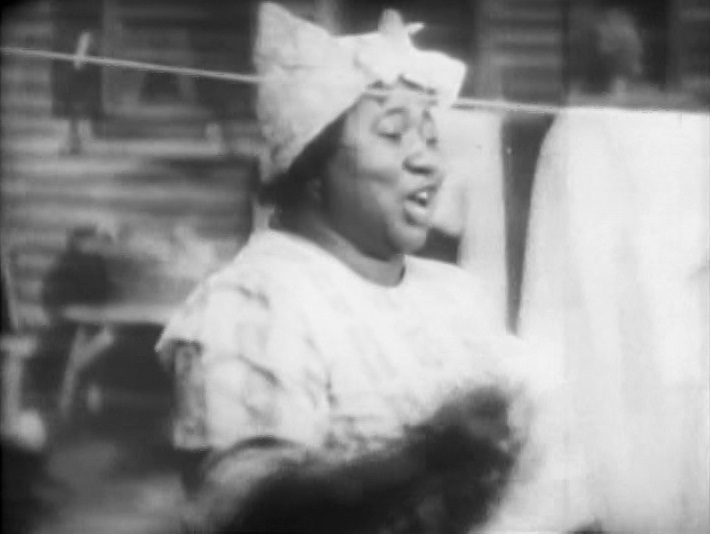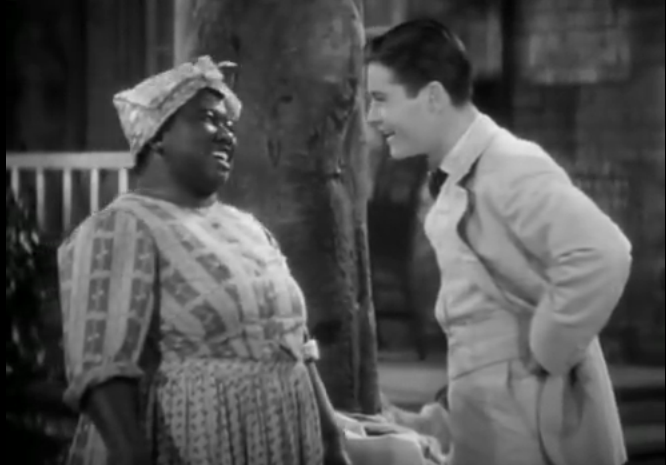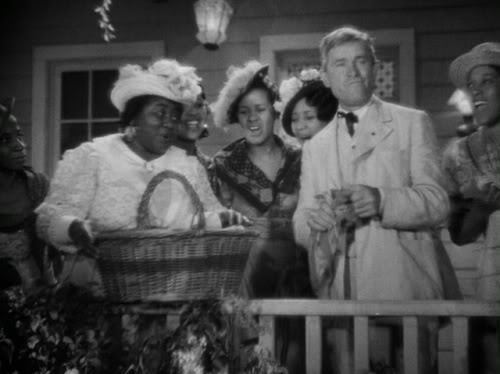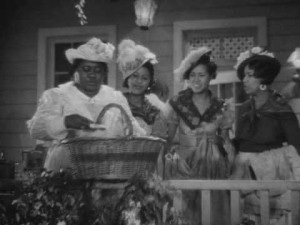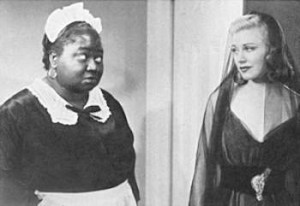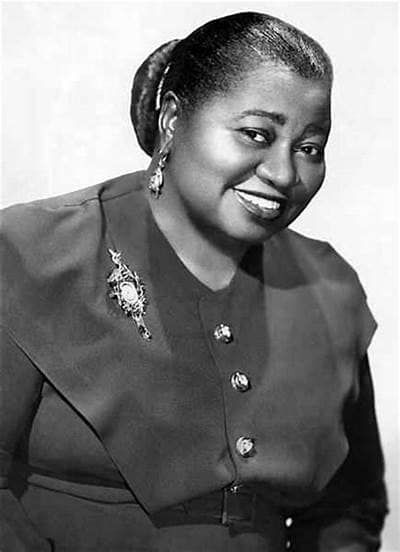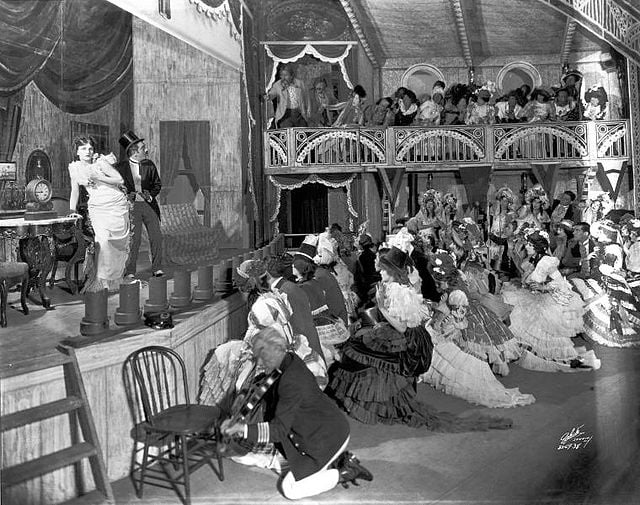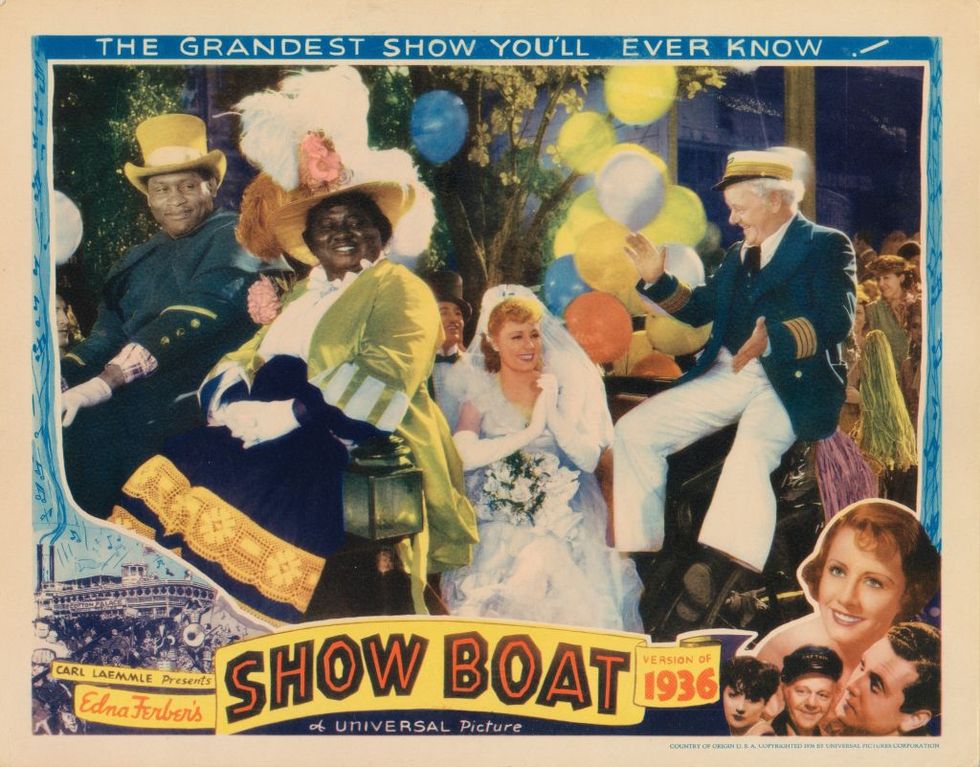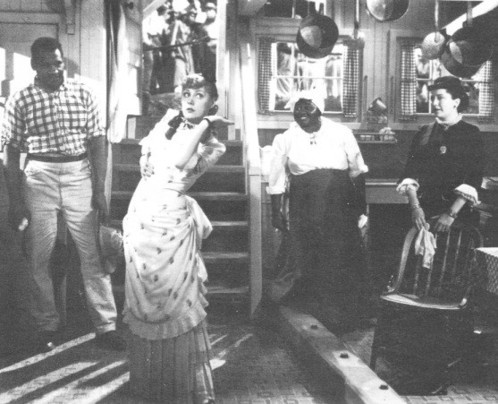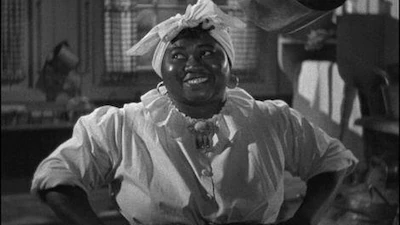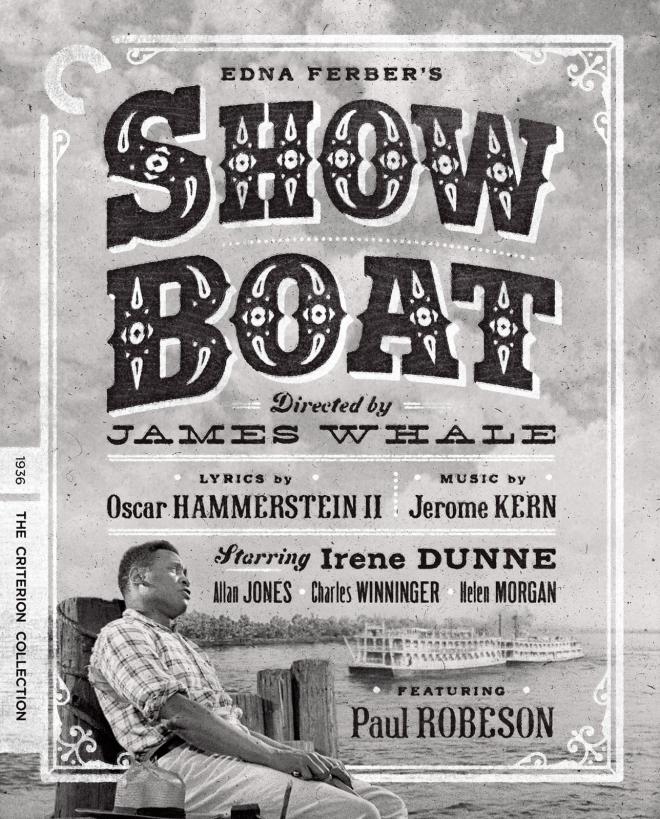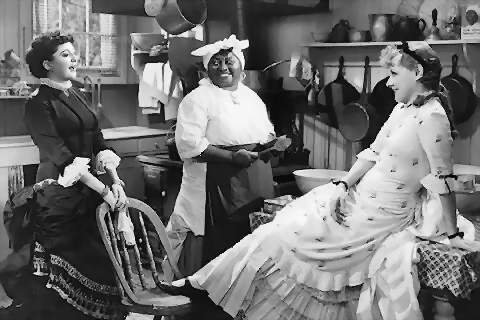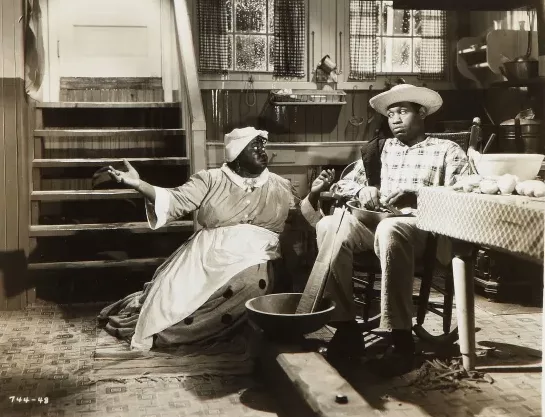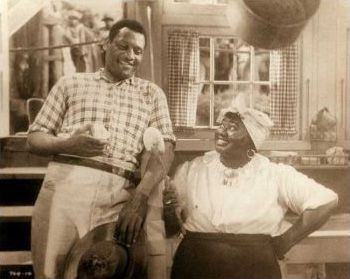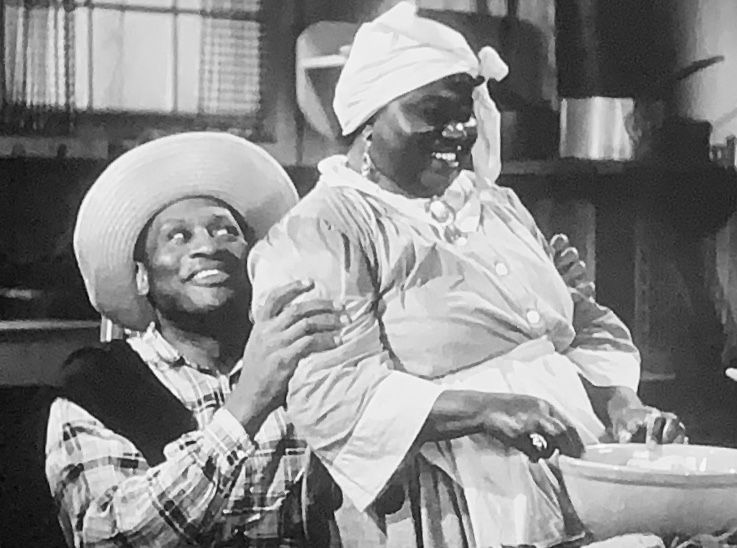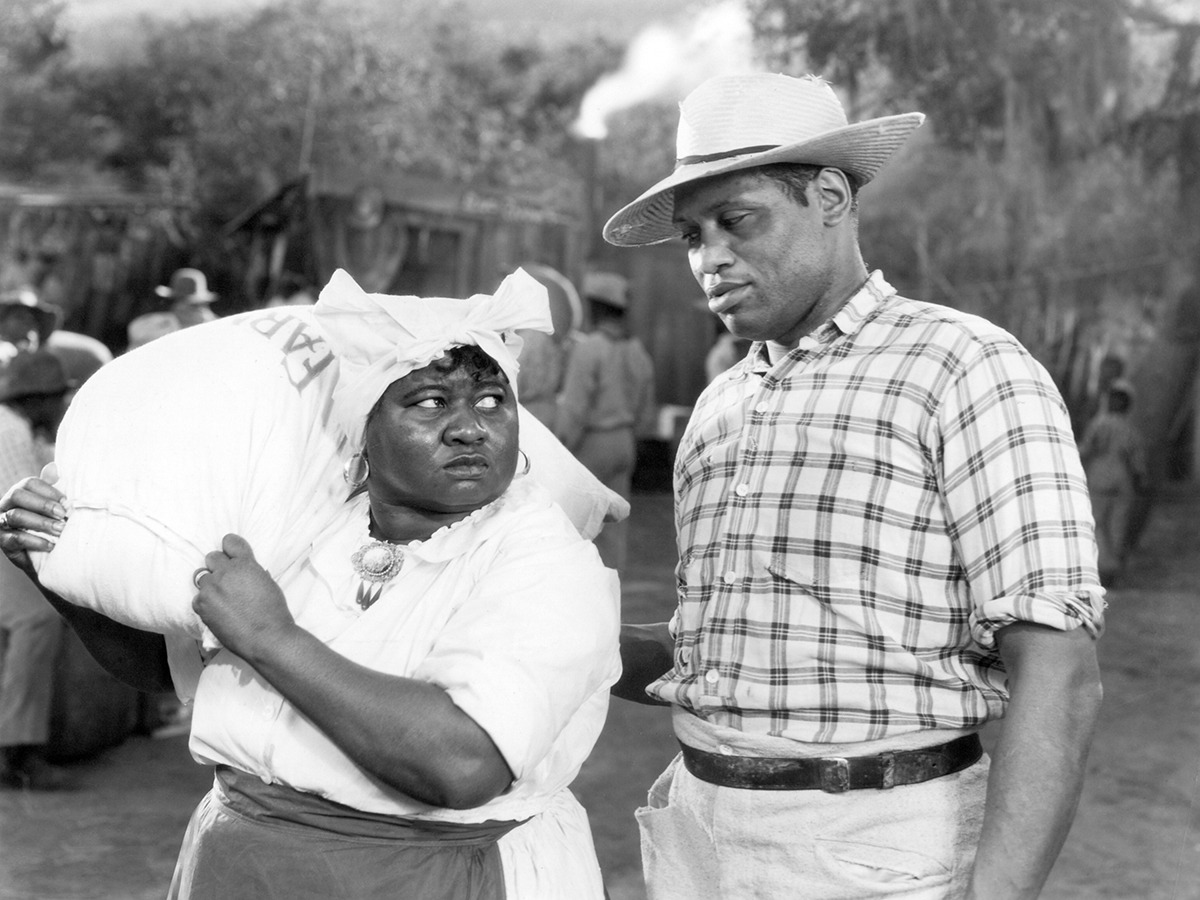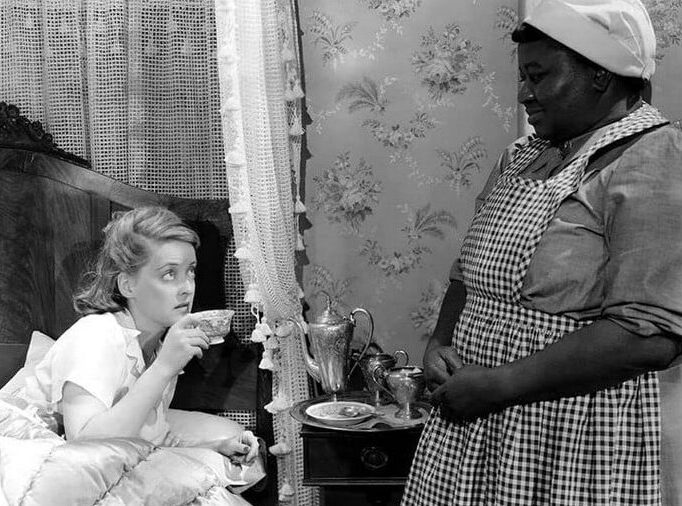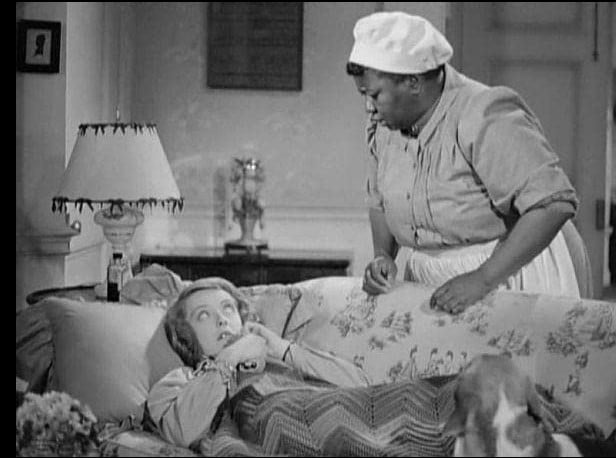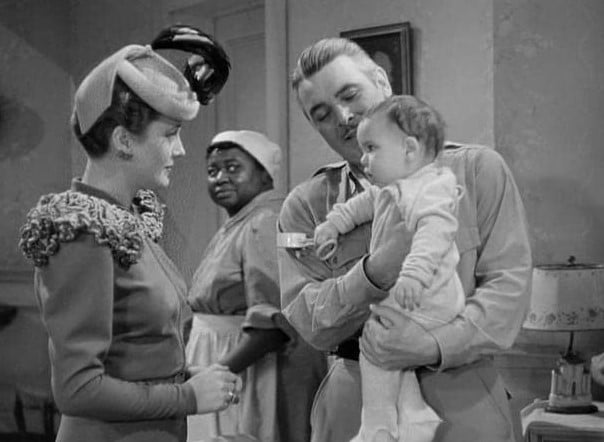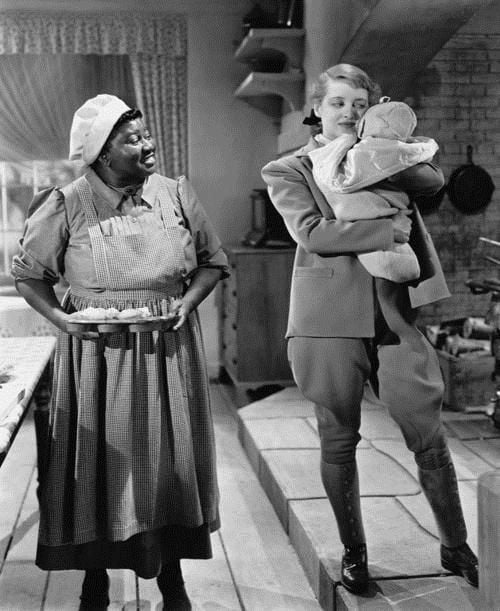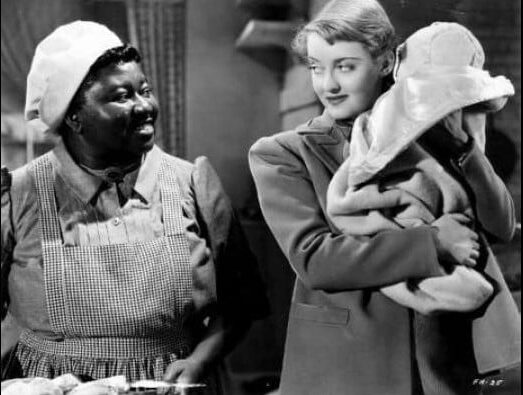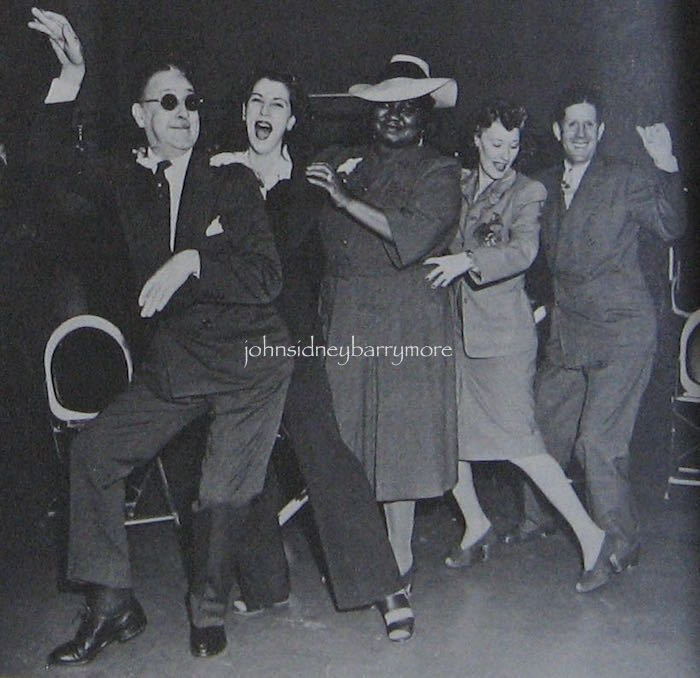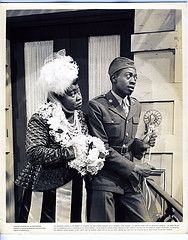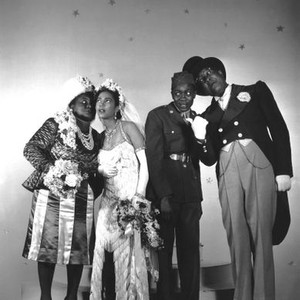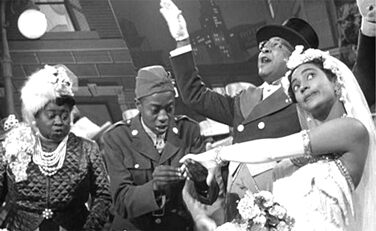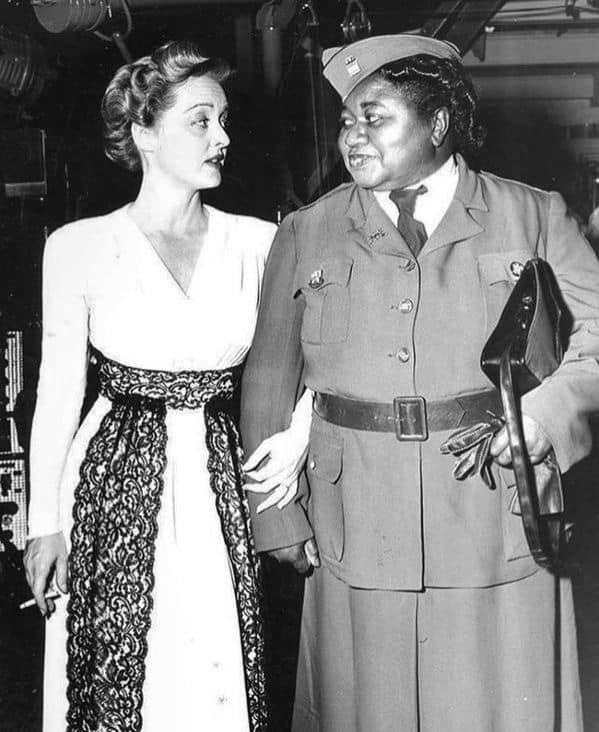iforcolor
ARCHIVIST, EDUCATOR, HISTORIAN, and ARTiST
Dale Ricardo Shields is a 2017 winner of The Kennedy Center/Stephen Sondheim Inspirational Teacher Award®, 2017 and 2015 Tony® award nominee for the Excellence in Theatre Education Award, the 2017 AUDELCO/"VIV" Special Achievement Award, 2020, 2021, and 2022 ENCORE AWARD / The Actors Fund and winner of the 2022.
Recently, he won the 2022 Legend Award from his alma mater Ohio University.
He is the 2021 winner of the Paul Robeson Award, presented (jointly) by the Actors Equity Association and the Actors Equity Foundation.
Research Accomplishments:
His extensive professional credits as a Director, Stage manager, and Actor (Broadway, Off-Broadway, Off-Off-Broadway, and Regional) As an actor he has appeared on Saturday Night Live, Another World, Guiding Light, The Cosby Show, and the ITV television series "Special Needs" and commercials and film.
Professor Shields is a member of the Actors Equity Association, Screen Actors Guild, the American Federation of Television and Radio Artists, and the American Guild of Musical Artists performance unions and an associate member of the Society of Stage Directors and Choreographers.
He began his artistic academic career in New York City at Playwrights Horizon, The South Bronx Action Theatre, and Mind Builders, and then was invited to join the teaching staff at the Joseph Papp Public Theatre (New York Shakespeare Festival). He represented the United States for Theatre Young Audiences at the ASSITEJ Theatre Festival in London, England.
He has been a Professor and Visiting Artist at Ohio University, The College of Wooster, Denison University, Macalester College, Randolph- Macon College, Susquehanna University, and SUNY Potsdam.
He holds B.F.A and M.F.A, Degrees from Ohio University.
Website(s)
Iforcolor.org [Research]
https://en.wikipedia.org/wiki/Dale_Ricardo_Shields [Career]
